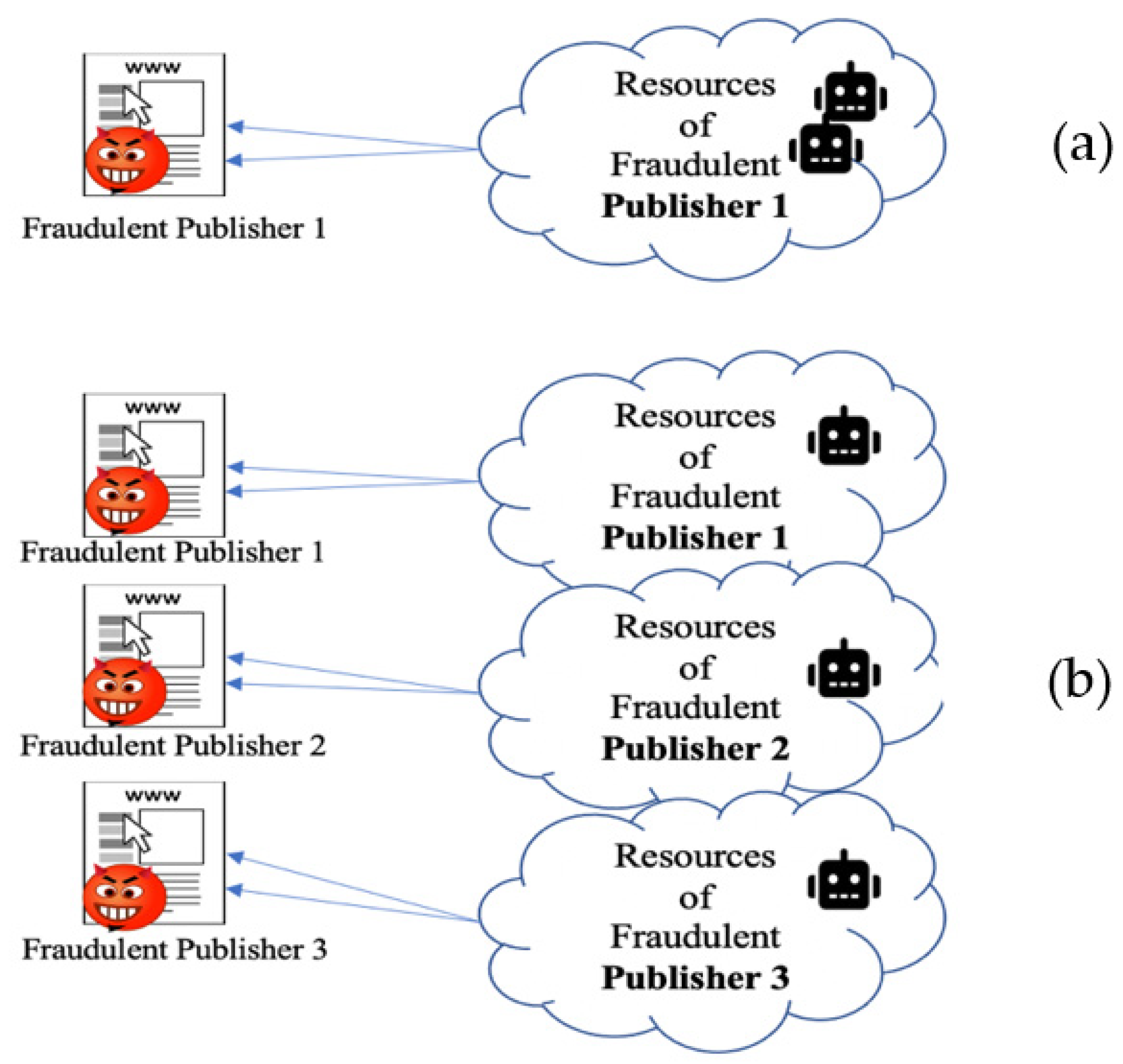
Adobe acrobat 2015 crashing ie when loading iframe pdf#
2) When the PDF is huge or full of images, for example, textbooks, it loads really slow.

PDF.js has some problems: 1) Some weird formatting, such as with really old PDFs in a school database. And since PDF.js is an open source project, the level of support you will receive cannot be compared fairly to that of a commercial solution. Rendering errors, for example, are ultimately your responsibility. We’ve also measured a consistent increase in the total number of unresolved PDF.js support issues:Īdditionally, we found a gradual slow-down in the issue resolution rate, where we looked at the month each issue was created and measured how many of those issues from each month have since been closed.īecause PDF.js is licensed under Apache 2.0, there is also zero liability or warranty for any defects. And most lack a clear resolution timeline - a source of some dev frustration. These open feature issues have an average age of five years, with 84% created before the end of 2016. That being said, issues related to features, reliability, performance, and accuracy see longer response times.įor example, the PDF.js forum currently has around 70 open feature requests, including often-requested features such as Interactive & fillable forms, access to OCG layers, pinch zoom for mobile, and digital signatures. Overall, PDF.js does a really good job with support some contributors are very active, and response times can be lightning-fast, with one- or two-day responses in many cases, particularly for simple issues. Indeed, PDF.js search may miss words and phrases, especially when these span multiple lines or where text includes extra white spaces between words.ĭue to the unreliable text extraction engine, enterprises may find it challenging to be compliant with any accessibility standard, like 508/ ADA. These text issues can be fixed only by modifying the underlying text parsing and rendering engine, and they contribute to unreliable PDF.js text search as well. You may thus encounter documents where PDF.js selection jumps and misses sections or where spaces go missing when text is copy-pasted. Some PDFs, for example, do not include correct text bounding boxes, and PDF.js is unable to correct for this. Normal PDF.js text selection can therefore prove unreliable. PDF.js text select has 90+ open issues on GitHub today - more than any other issue category. PDF.js text select, text search, and copy/paste features rely on the underlying text parsing and extraction engine, which defines the text overlay and relies on the browser’s built-in text features. Text Select, Text Search, and Text Extract At this point, however, PDF.js does not seem to possess any more or less vulnerabilities than other open-source projects. Each of the two issues warranted a “high” impact advisory.Īs with all open-source projects, especially popular ones, there’s always a chance of vulnerabilities that expose you or your users to attacks. May 2018: Mozilla fixed two Firefox security vulnerabilities involving PDF.js.August 2015: Mozilla issued a “critical” advisory, the highest such advisory level, after an ad on a Russian news site was discovered to exploit a same-origin policy violation to try and steal local files.This exploit could have been used to gather info about local files via no more than normal browsing actions. October 2013: Mozilla issued a “high” impact security advisory for a bypass of PDF.js checks using the iframe.Mozilla patched each one very quickly, as they do for any threat to Firefox. PDF.js has had a few high-profile exploits over the years.

PDF.js is reputed as a secure, sandboxed environment (within the iframe) as well as a suitable replacement for old-fashioned web PDF readers that relied upon security-challenged plugin technology. And what the facts show is that PDF.js works pretty good in some situations, and in others, it may not be ideal.

We wanted to keep our analysis as objective as possible. To help you avoid making the same mistakes, here are some useful tips and perspectives sourced from real-world PDF.js deployments to help in your PDF.js evaluation. However, as a vendor of a commercial PDF SDK, we hear from customers who come to us seeking an alternative after implementing PDF.js and later discovering that it cannot meet their needs. Developers, therefore, appreciate PDF.js for the simplicity of its dependencies as well as how basic UI elements can be easily restyled via the project CSS and HTML files.ĭevs will often embed PDF.js to enable web viewing capabilities in their apps. PDF.js uses pure client-side JavaScript to render PDF file content into an HTML5 element. On Firefox, that’s PDF.js, a popular open-source JavaScript library published by Mozilla in 2011.

If you view a PDF embedded in a web page, you would likely use the browser’s built-in PDF reader.


 0 kommentar(er)
0 kommentar(er)
